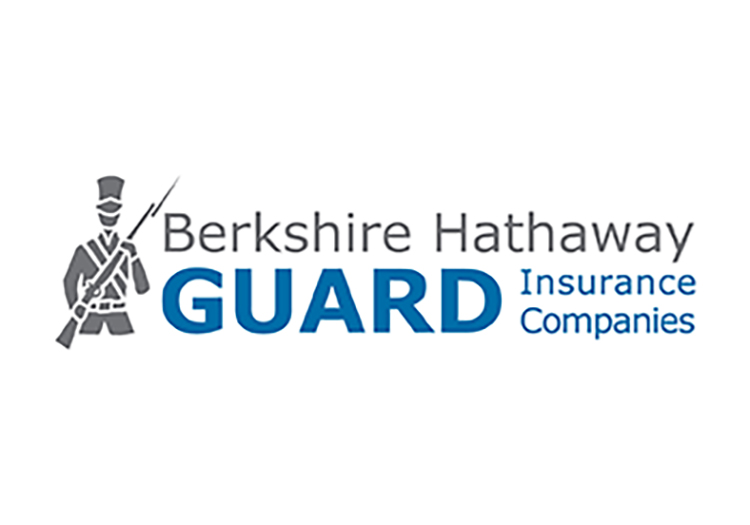Perspective | Since When Is Doing a Favor Fraudulent? As Banks Target Money Launderers, the Innocent May Come Under Suspicion
I was recently investigated for money laundering.
There was no suggestion that I had laundered anything, but confirming my innocence took eight months.
The process was unreasonable. Much of it had little to do with money laundering, and vindication relied on the impossibility of proving a negative.
I had offered to lend money to a friend whose home ownership had fallen foul of absurd laws in the UK. The loan would enable my friend to reclaim her only home and live in it, which the law forbade her to do. (And people wonder why I’m a libertarian.) The mortgage company didn’t want the loan repaid. It makes money from lending, not redeeming. It therefore ran in agonizing slow-mo the business of ensuring that my contribution was not being laundered.
The law applies to all financial professionals, including insurance types.
Especially insurance types, as it turns out, since large one-off premium payments in cash are highly suspect.
In theory, it’s a good law. The accumulation of dodgy Russian oligarchs and their laundered fortunes in London disproves it. Round one involved the submission of my financial records for the past three years. Round two extended to transactions for the past eight years.
Could you find all your financial records for the past eight years?
I did, but if I’d failed, I was instructed to obtain hard copies of whatever was missing.
Electronic records were not acceptable, which reinforced my decision not to bank online. At no time did the mortgage company accept anything I said. When the evidence proves innocence beyond a doubt, it’s called “taking a view.” We sailed w-a-y past that point. On and on the lenders investigated, digging deep into transactions well below the level deemed suspicious in law — or even common sense.
Once I had submitted every possible piece of paper, and every possible reasonable explanation, the company resorted to two remaining weapons.
The first was that, since I had lived in Bermuda, what else could I be but a money launderer? (My British bank feels the same way.) The second was even more dastardly. Since six months had expired between the lenders’ first enquiry and the most recent, I had to begin the process all over again.
Luckily, this time, I’d put all the papers in a pile and found them easily enough.
Eventually, unable to come up with further delaying tactics, the mortgage company relented and said I could make the loan.
It was a good example of the law of unintended consequences. Companies have been given carte blanche to produce the outcome they desire, rather than the truth.
My mother laundered money once, when I still lived at home. My employer had given me a travel advance of $1,000 (in today’s money). Never having had that much cash in my life, I carefully placed it in my jeans pocket. My mum washed the jeans, splintering the money into a million pieces. When we sent them to the Bank of England, it reimbursed me the full amount, without a question.
The halcyon days of money laundering are, it seems, gone forever. &










